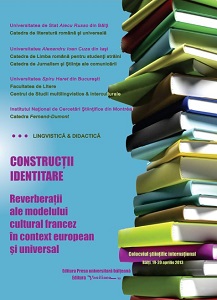

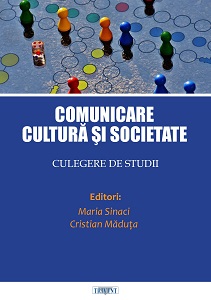
Keywords: communication; significance; meaning; reference; model
Our study starts from the thought-language-reference relationship and tries to explain the concept of significance. Significance is considered a central concept for communication and is accepted as a primitive relationship. After presenting Frege’s paradox of significance, the study presents the Bühler-Habermas model for communication. This model is considered to be a representative model in contemporary debates of the field.
More...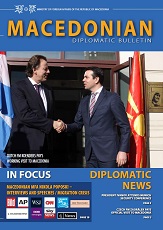
Keywords: North Macedonia; international relations; diplomacy; migrant crisis; security;
More...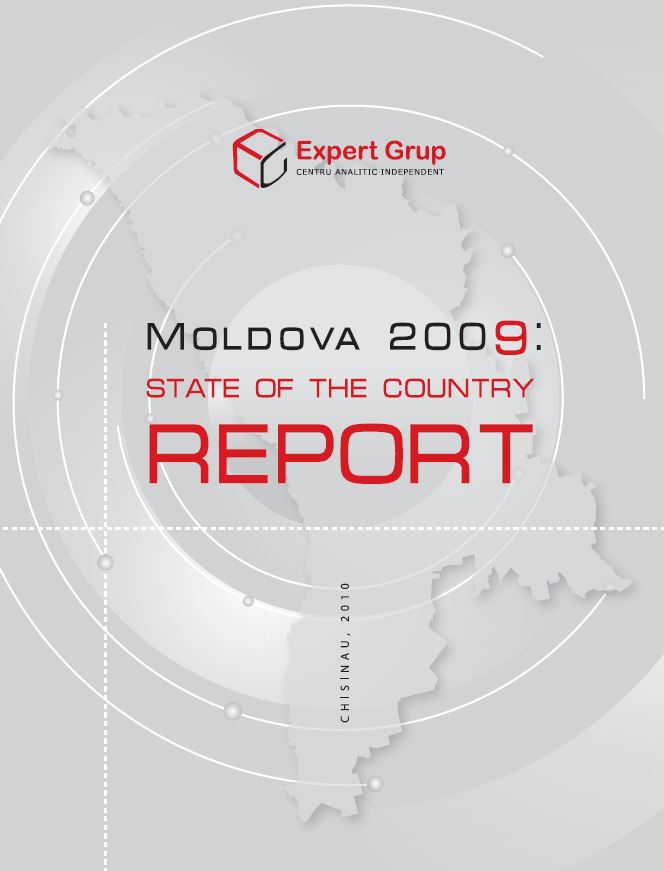
What is the nature and the causes of economic development in the Republic of Moldova? As shown in this 2009 State of the Country Report, Moldova's geographic and natural endowment is not conducive to an effortless long term development. At the same time, poor and extremely scarce human capital congruent with the real economic needs, remains the key constraint undermining labor productivity. Within this context, it is crucial for Moldova to strengthen its market institutions so that to become the most attractive country for investors in the Eastern Europe. And because the institutional framework is also influenced by the political process and social order, it is important that various political parties and social groups, although holding divergent preferences, engage in peaceful discussions and go beyond one's boundaries regarding the alternatives that oppose them. Finally, Moldova's European aspirations still divide citizens in, at least two divergent camps, on the one side of the spectrum are those who favour the European option over the Eastern one and alternatively, on the other side are those that identify with the latter space rather than with the EU. All in all, this analysis points out to the need of a balanced and cautious approach both with regard to the foreign and domestic public policies, bearing in mind the overarching goal of European integration.
More...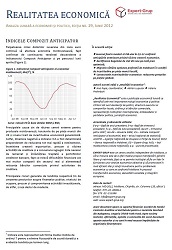
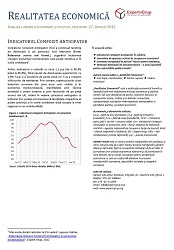
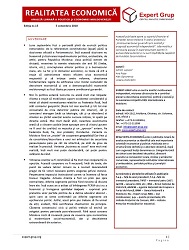
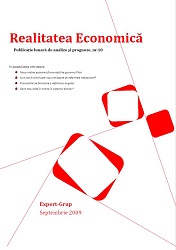
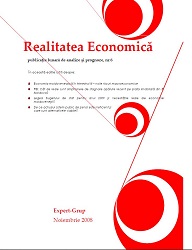
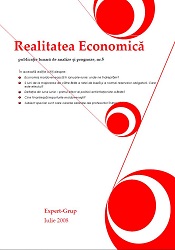
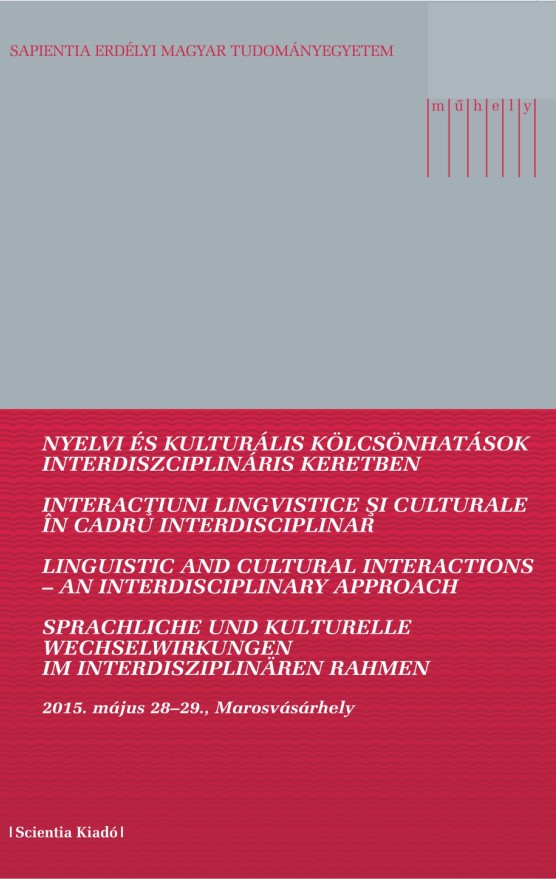
Keywords: cultural references; translation; Liviu Rebreanu; anthroponym; toponym;
In this study, we intend to analyse the possibilities to translate cultural references in Liviu Rebreanu’s novel Ion into Hungarian. Rebreanu’s novel presents typical aspects of a Romanian community in a Transylvanian village in the multicultural time and space of the Austro-Hungarian Empire. Ion is a text interwoven with cultural references, with phrases related to the daily life of the community from the Pripas village, phrases related to holidays, proper names (anthroponyms and toponyms, with and without symbolic load), names of objects from the household, clothes, dances, etc. We wish to study the possibilities and techniques how these realia are translated in the Hungarian version of the novel, a translation signed by Tibor Oláh.
More...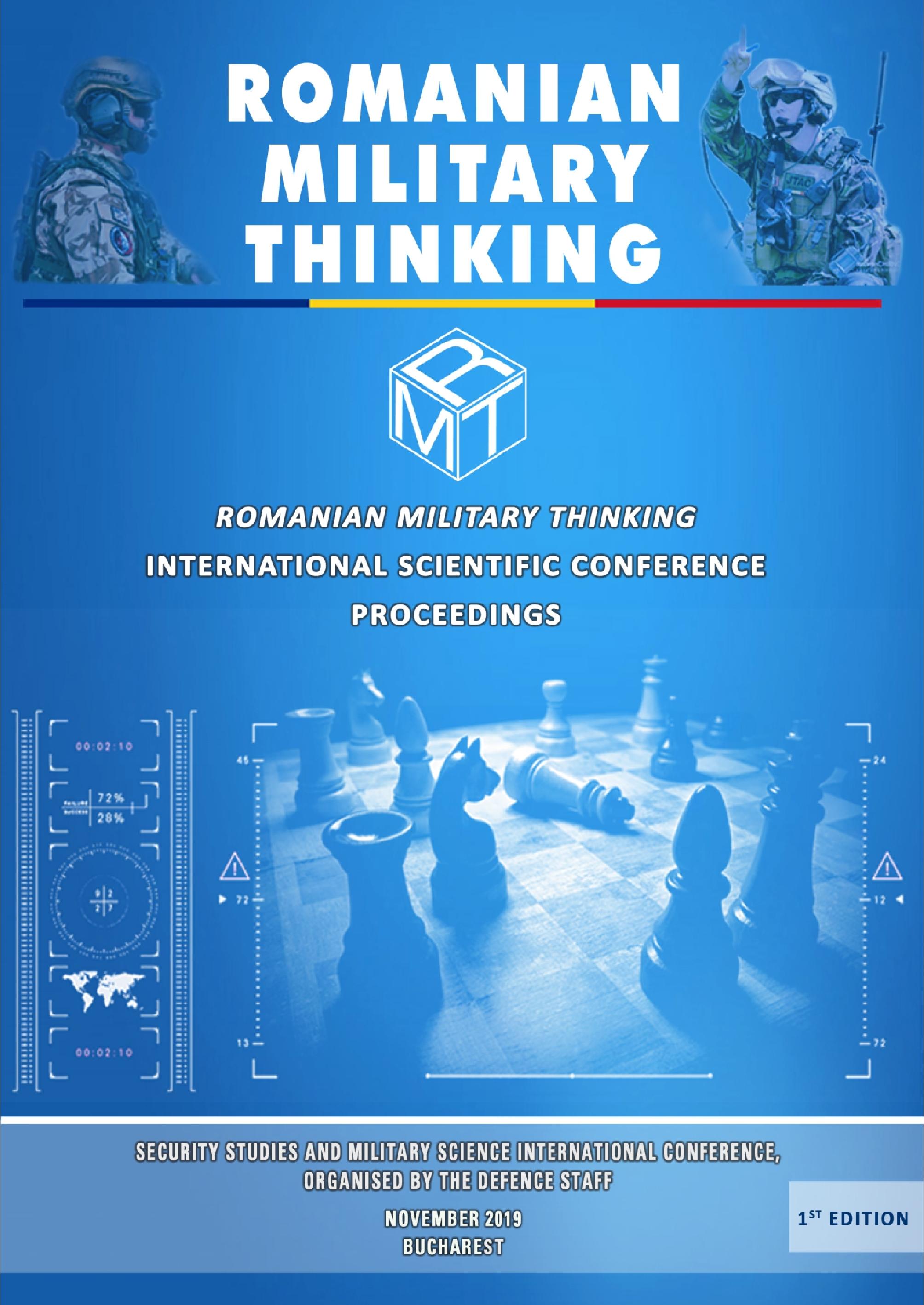
Keywords: World War I; Romanian Army; military doctrine; military attachés; defence line;
At the start of the twentieth century, the Romanian General Staff was busy constructingRomania’s defence doctrine. They were focused on the most probable situations, in whichRomania would be forced to defend itself.The officers of the General Staff used reports from the military attachés in Petersburg andSofia and identified that Dobrogea was targeted by two potential aggressors – Russia andBulgaria.This is why the planners made detailed drafts to those defence plans, focusing on thedifferent defence lines from the Danube Delta to the Black Sea Coast, in the case of a Russianaggression. For southern Dobrogea, a delicate area after the Peace of Bucharest in 1913, afterwhich Romania received the counties of Durostor and Caliacra (or Quadrilateral, as it appearson Romanian military maps) new alinements were viewed as essential for the defence of thearea against the Bulgarians.
More...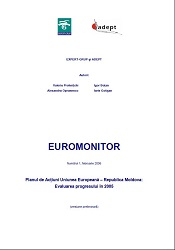
Keywords: Democratic institutions; Transnistria conflict; capacity of administration; juridical system; economic reforms; foreign trade; social development; human traffic; migration; border control;
The reports in the "Euromonitor" series aim at independent and objective monitoring of the implementation process of the Republic of Moldova - European Union Action Plan. The actions adopted and implemented by both signatories of the Plan will be monitored quarterly. The action plan is a complex document, structured in 7 chapters, which provides for the implementation of about 300 actions, some defined more or less precisely, others very ambiguous. Unable to monitor such a complex document, the authors of "Euromonitor" focused on priority actions, identified in the Action Plan itself.
More...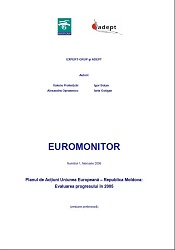
Keywords: Democratic institutions; Transnistria conflict; capacity of administration; juridical system; economic reforms; foreign trade; social development; human traffic; migration; border control;
The reports in the "Euromonitor" series aim at independent and objective monitoring of the implementation process of the Republic of Moldova - European Union Action Plan. The actions adopted and implemented by both signatories of the Plan will be monitored quarterly. The action plan is a complex document, structured in 7 chapters, which provides for the implementation of about 300 actions, some defined more or less precisely, others very ambiguous. Unable to monitor such a complex document, the authors of "Euromonitor" focused on priority actions, identified in the Action Plan itself.
More...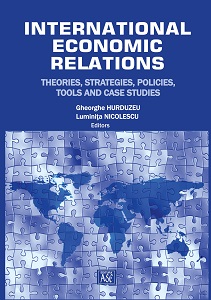
Objectives: - To introduce key players in the world economy - To exemplify the interdependence between the key players in the world economy - To identify the influence exercised by these players on international business
More...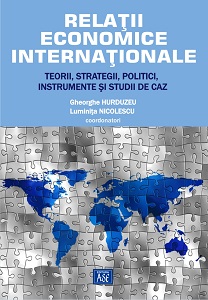
Keywords: international business; international economics; international management; international marketing; international finance
The volume has 22 chapters organized in four thematic parts: the first part includes elements related to the world economy system in the context of international economic relations, international organizations and global governance. The second part looks at the international environment and how this influences the international activity of a company. The third part focuses on the organization that operates at international level and how specific activities are conducted (negotiations, contracting, management, marketing, foreign trade operations, risk management and others). The last part, the fourth looks at recent challenges in the internationalization, such as innovation, technology, intangible economy and lobby.
More...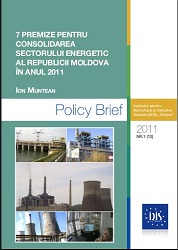
Keywords: energy sector in Moldova;
The year 2011 has all the chances to become a fruitful one for the energy sector of the Republic of Moldova by the fact that this year a very favorable situation is created for building the theme of a sustainable development of the energy sector in the Republic of Moldova. In the form of a new government, it offers the Republic of Moldova a new status and a new motivation to contribute to the increase of the country's energy security and to participate in an energy market based on principles of equity and mutual benefits. Through a consistent approach to the problems in the energy sector, an efficient cooperation between the responsible and targeted structures in this sector and the capitalization of all the opportunities that are created in 2011, the achievements can be truly solid.
More...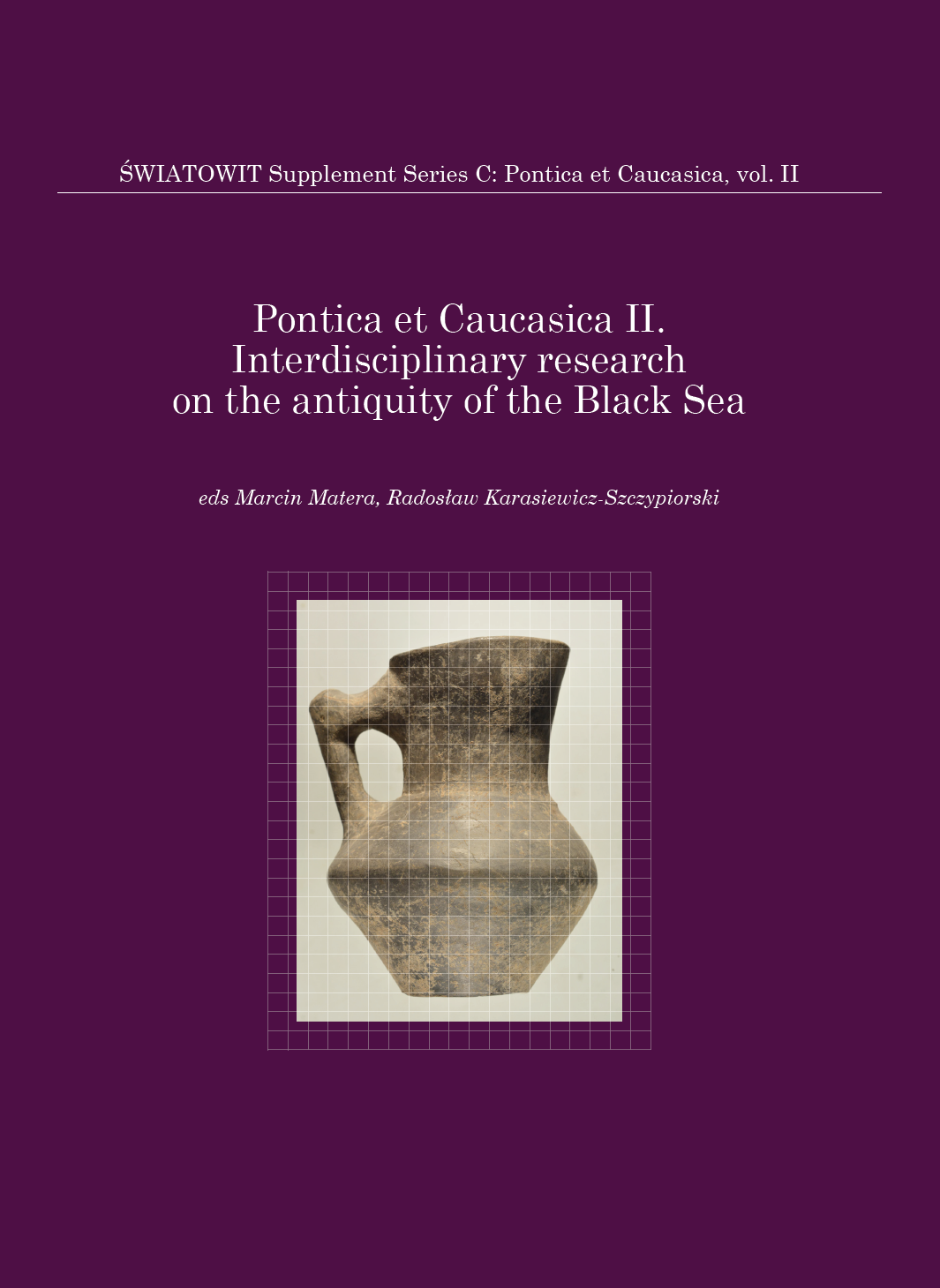
Keywords: Black Sea; bibliography; historiography; Greek cities; art; religion; mythology; iranica
Bibliographia classica orae septentrionalis Ponti Euxini. Ars, res sacrae & mythologica is the third of a planned series of six volumes dedicated to the bibliography of the northern Black Sea shore in antiquity. An up-to-date bibliographic guide to studies in the ancient history of the northern Black Sea has long been a desideratum, both for Western and Eastern scholars. With the publication of the first and second volumes – Epigraphica, numismatica, onomastica & prosopographica (BCOSPE I, 2014) and Archaeologica (BCOSPE II, 2018) – it became obvious that the importance of BCOSPE, its scope, originality and the diligence of its implementation does not leave any room for doubt that this book series will become a standard tool for everyone working on the ancient Black Sea region. This article provides the opportunity to expand on the topic, by discussing the following issues related to the project BCOSPE III: a brief introduction to the status quaestionis, innovative elements and the estimated impact, overall structure of the third volume and some methodological difficulties. At the same time, the authors focus on the historiographic debate on the Greeks and Non-Greeks (especially Scythians and Sarmatians) from the perspective of the publications on art, religion and mythology.
More...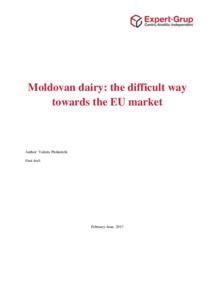
Keywords: dairy industry in Moldova;
As part of the EU-Republic of Moldova Association Agreement, the Republic of Moldova committed to approximate its sanitary and phytosanitary and animal welfare law to that of the European Union. However, approximating the EU legislation is not going to be an easy process. The Decision no.1/2016 of the EU-Moldova Sanitary and Phytosanitary Sub-Committee modifying Annex XXIV-B to the Association Agreement [2016/1074] adopts the full list of the EU legislation to be approximated by the Republic of Moldova and can be regarded as official Moldova SPS Strategy. The SPS Strategy refers to around 240 directives and regulations including general aspects, veterinary legislation, placing on the market of food, feed and animal by-products, food safety rules, specific rules for feed, phytosanitary legislation, genetically modified organisms and veterinary medical products. Deadlines for approximation cover the time period 2016-2020. It should be mentioned that around 10 pieces of EU legislation are directly relevant for the Moldovan dairy sector, which is the subject of this paper. Unfortunately, we do not have any evidence on the effective degree of approximation of the pieces of legislation due to be approximated in the period 2016-mid 2017.
More...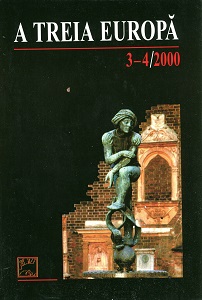
Keywords: poetry; art; Poland; ambassadors; Charles XII; Romanians; identity; Europe;
Review of: Denisa Comănescu (ed), Strong, 28 de poete din România, Editura Universal Dalsi, 1999/ Stanislaw Ignacy Witkiewicz, Teatru, în românește de Olga Zaicik și Janina Radu, prefață de Olga Zaicik, Ed. Unitext, București, 1999, p. 23/ Ioan Paul al II-lea (Karol Wojtyla), Iubire și responsabilitate (ediția I: Lublin, 1960), volumul I, traducere din polonă de conf. univ. dr. Constantin Geambașu, ediție îngrijită de Tadeusz Rostworowski S.J., Editura M.C., București, 1999/ Petre P. Panaitescu, Călători poloni în țările române, Colecția „Polska”, Editura Domino, Iași, 1999/ Veniamin Ciobanu, Carol al XII-lea și românii - Charles XII et Ies Roumains (ediție bilingvă, versiunea franceză de Radu Cretzianu), Colecția „Polska”, Editura Domino, Iași, 1999/ Zofia Naikowska, Medalioane, traducere și postfață de Sorana Vajdeil, Editura Reper, 1999/ Valeriu Butulescu – Din lirica poloneză contemporană, traducere Valeiu Butulescu/ Henryk Sienkiewicz, Fără ideal, traducere de Elena Lința, Ed. Univers, București, 1999/ Witold Gombrowicz, Pornografie, traducere și postfață de Ion Petrică, Editura Univers, București, 1999/ Witold Gombrowicz, Trans-Atlantic, traducere și postfață de Ion Petrică, cu o prefață a autorului, Editura Univers, București, 1999/ Nuvelă polonă! Nowela polska, ediție îngrijită de Ana-Daniela Budică, Editura Domino, Iași, 1999/ Czeslaw Milosz, Europa natală, traducere, prefață și note de Constantin Geambașu, Editura Univers, București, 1999/
More...